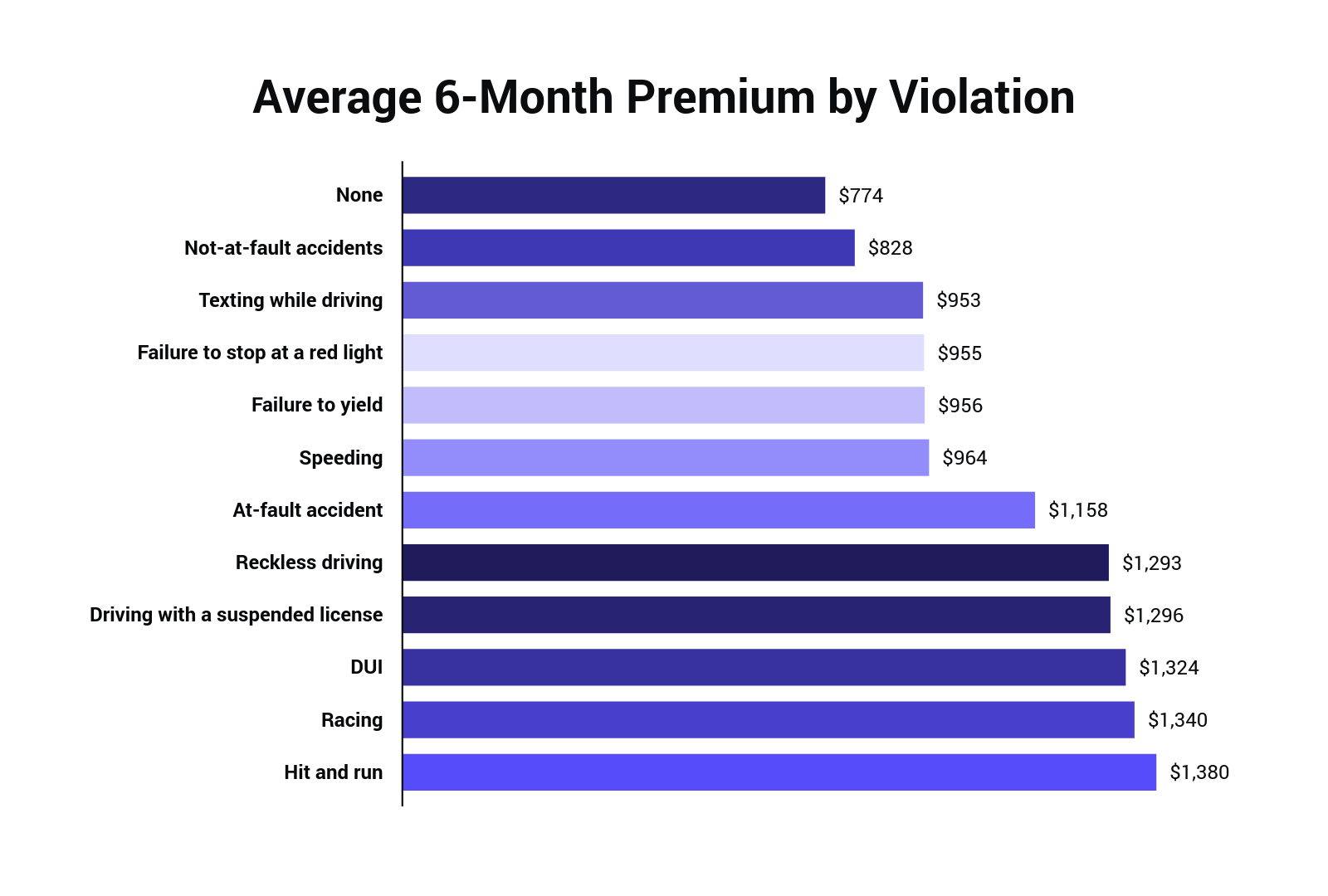By RMHP Health care expenses are confusing, not least since there are various kinds of costs. A month-to-month premium nearly never covers timeshare cancellation reviews the expense of all care. It is very important to comprehend what expenses you will be accountable for if you need treatment. The primary step to comprehending what costs you, as a patient, are accountable for is to understand how deductibles and coinsurance interact.

Co-insurance is the percentage of medical costs a client pays after they fulfill their deductible, until they fulfill their out-of-pocket maximum. Both are annual expenses, so they are the quantities the client is responsible for each year. Understanding this difference in between deductibles and coinsurance is most convenient with an example (what is a premium in insurance). Let's say an individual called James needs to have an overall knee replacement, a procedure that is going to cost $25,000.
His deductible is $1500 and his co-insurance is 30% with an Out-of-Pocket Optimum of $5000. In this instance, James satisfies his deductible first - how long does an accident stay on your insurance. Then the co-insurance, where James and the insurance company share the expenses, starts. James meets his out-of-pocket maximum of $5000 before paying the What is a Timeshare whole 30% coinsurance quantity.
For the remainder of the year, James has met his Deductible and Out of Pocket optimum, so the insurer will cover costs in a lot of medial scenarios. In a timeshare trade less costly example, let's say James needs to have ACL surgical treatment instead of a knee replacement, a treatment that will cost $6,000.
He still has the very same deductible, co-insurance and out-of-pocket optimum. In this instance, James fulfills his deductible but does not meet his out-of-pocket maximum. For most extra medical procedures during this year, he would pay 30% of the expenses till he pays the $2,150 staying to please his out of pocket optimum.
If, in your benefits description, it states "NONE" under the deductible column, the insurance provider pays for that particular benefit without needing that you satisfy the deductible A great checklist to determine your expenses when you get healthcare is: Is my provider/service/hospital in-network? Is the provider/service covered by my insurance coverage strategy? Have I fulfilled my deductible? Just how much is my co-insurance or co-pay? Have I fulfilled my out-of-pocket maximum? - how much does an eye exam cost without insurance.